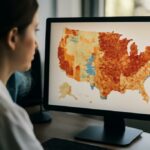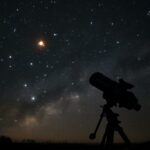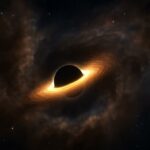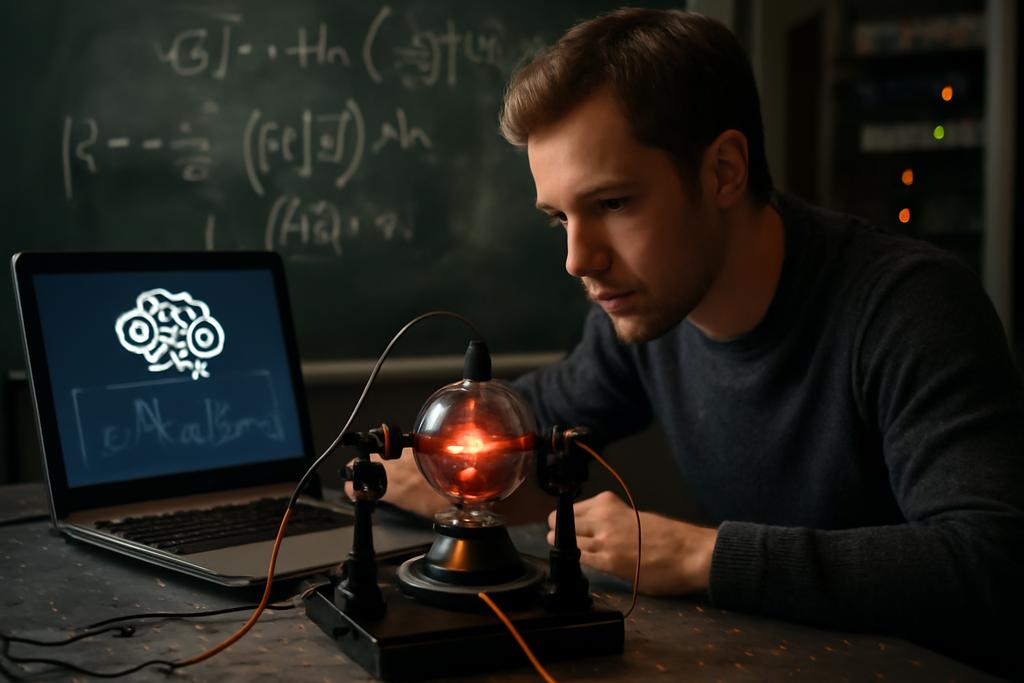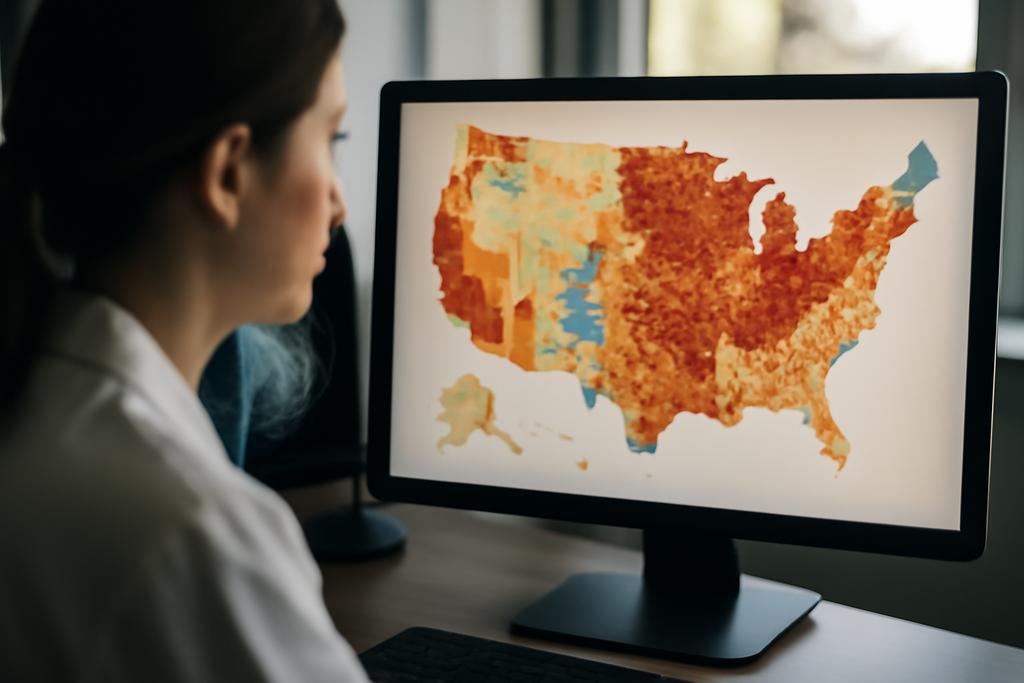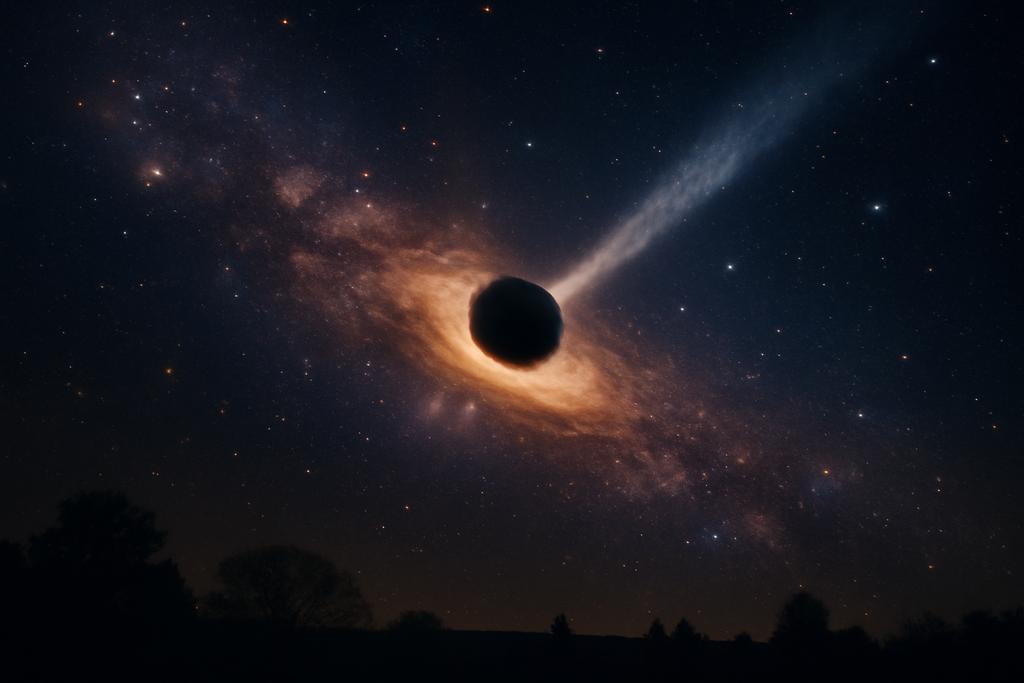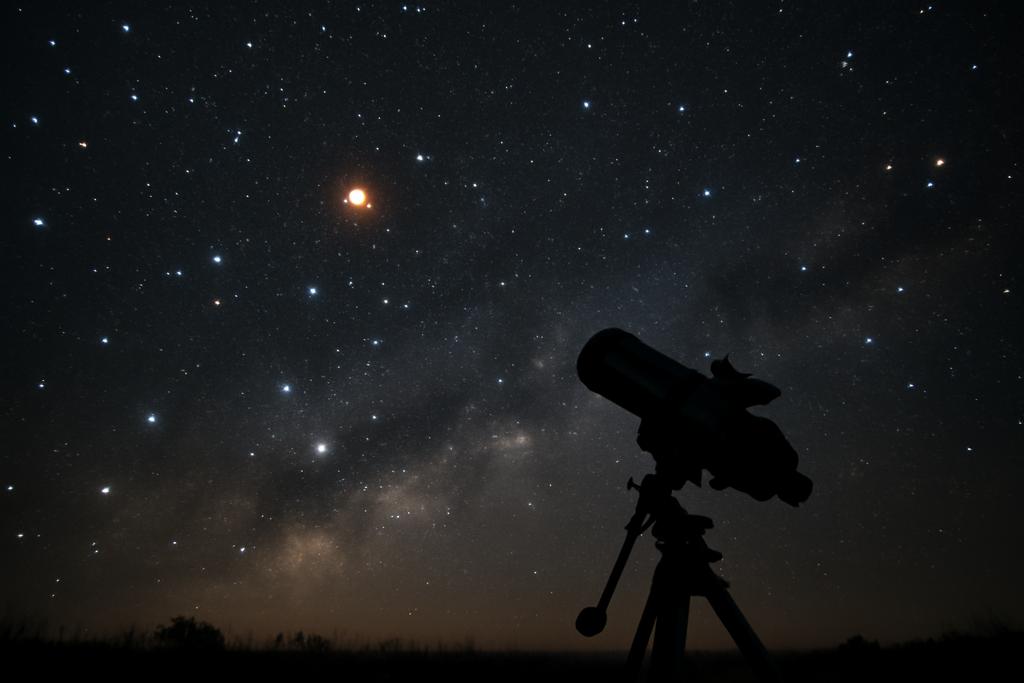Quantum sensing promises to measure tides of reality that are invisible to ordinary devices: magnetic fields that drift like ghost winds, tiny rotations, minute shifts in energy landscapes. Yet the very thing that makes quantum sensors so powerful — their fragility — is also what makes them hard to deploy outside pristine laboratories. Decoherence, tiny environmental interactions, and imperfect control can scramble the information a sensor is trying to harvest. In a new study from the University of Ottawa, researchers Logan W. Cooke and Stefanie Czischek explore an unlikely ally in this struggle: reinforcement learning. They train a software agent to design a sequence of pulses that steer a spin-based magnetometer toward maximum sensitivity, even when the underlying physics is murky and the world is noisy.
What makes this work compelling is not just the cleverness of using artificial intelligence to squeeze more signal out of a quantum device. It is the shift from hand-tuned pulse recipes to a learning-driven approach that can adapt to real-world imperfections. The team’s setup is a semi-classical sensor built from a spin with multiple energy levels, controlled by a series of transverse pulses. The objective is to maximize the quantum Fisher information (QFI), a fundamental gauge of how much information a quantum state carries about a parameter — in this case, the magnitude of a background magnetic field. The catch is that the optimal probe state or the ideal sequence of pulses is not known in advance when everything is imperfect; decoherence, and even the exact Hamiltonian parameters, may drift. The researchers pose a precise, practical question: can a reinforcement learning (RL) agent discover pulse strategies that outperform fixed, traditional protocols across a range of realistic conditions?
At the heart of the study are two names to remember: Logan W. Cooke and Stefanie Czischek, both affiliated with the University of Ottawa’s Department of Physics. Their work probes not only the math of quantum sensing but also the sociology of control itself—whether a data-driven learner can become a robust co-pilot in the cockpit of a quantum experiment. The answer, for now, is nuanced. The RL agent learns to navigate a space of control parameters that adjust the strength, timing, and phase of transverse fields applied to a spin system. In doing so, it crafts a sequence that multiplies the information we can extract about the magnetic field, even as decoherence chips away at ideal performance. It’s a small insight with potentially expansive implications: if machines can learn to compensate for the messy realities of the lab, our most delicate sensors may become more reliable companions in the field than ever before.
